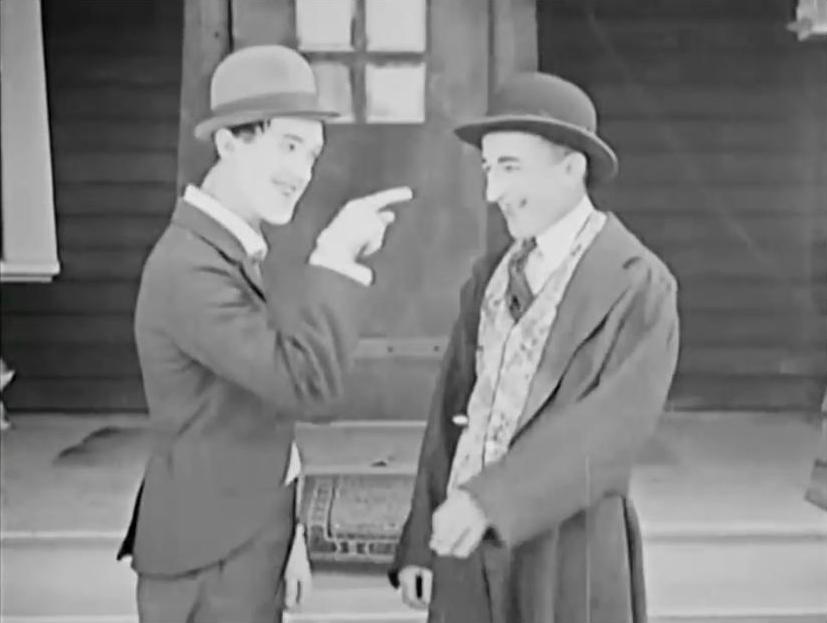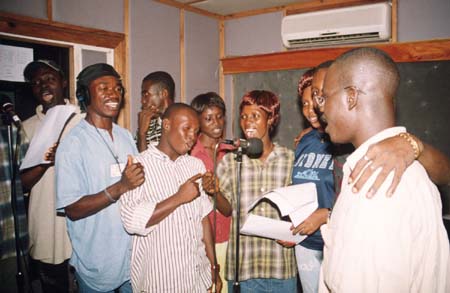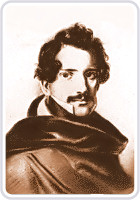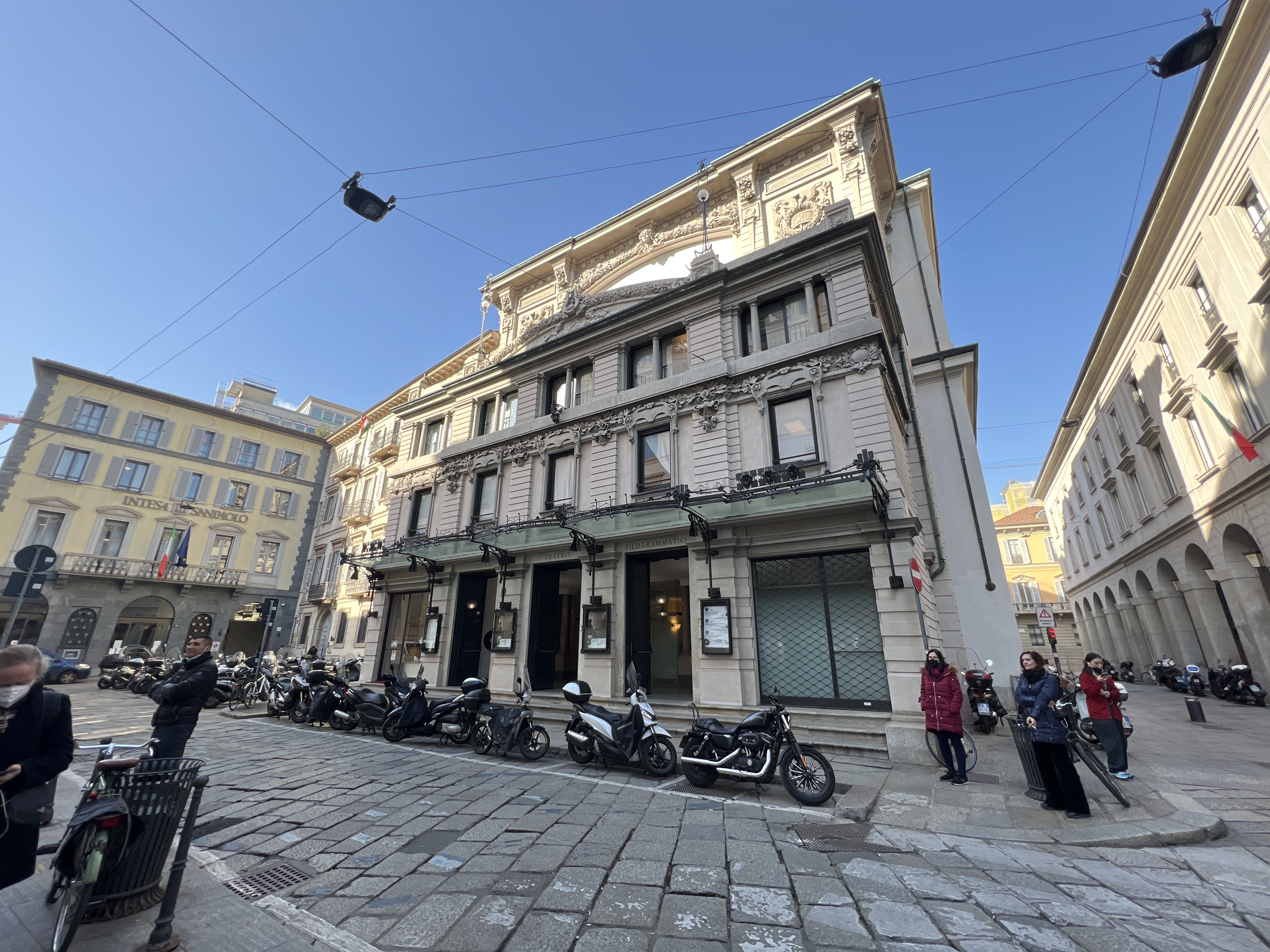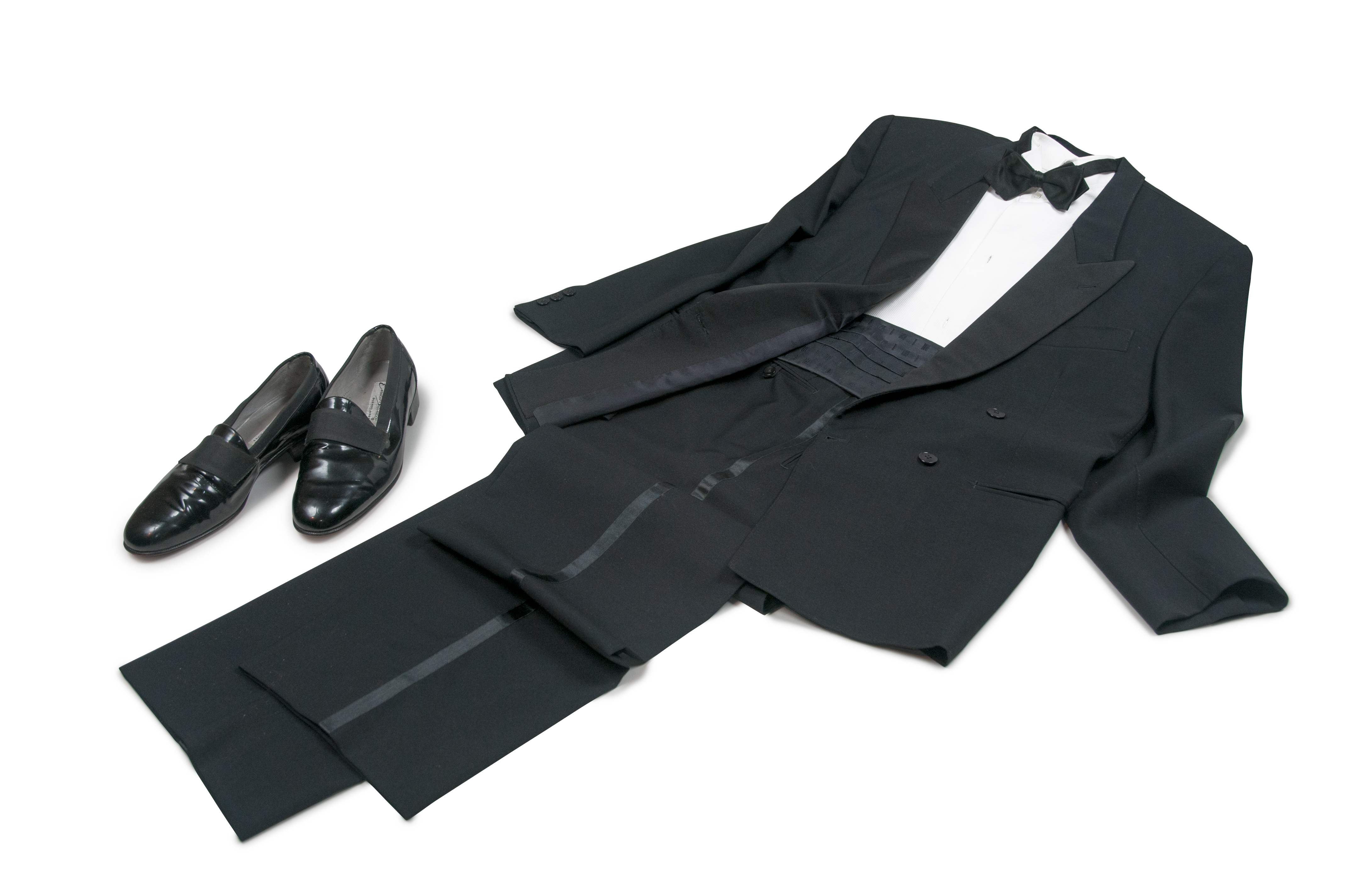|
Alberto Sordi
Alberto Sordi (15 June 1920 – 24 February 2003) was an Italian actor, comedian, voice dubber, director, singer, composer and screenwriter. Sordi is considered one of the most important actors in the history of Italian cinema and one of the best in commedia all'italiana. Together with Nino Manfredi, Vittorio Gassman and Ugo Tognazzi he formed a quartet that starred in the most popular movies of this genre. His trio with Aldo Fabrizi and Anna Magnani was one of the most prominent in the Rome, Roman cinema. Sordi established himself as an icon from a career that spanned seven decades of Italian cinema with his skills in comedy and light drama. He started as a voice actor and a theater actor, but eventually grew to fame as a comedian. In the 1960s, he started interpreting complex dramatic characters, as well as directing his own films: his credits as a director include 19 movies. Sordi won five Nastro d'argento, ten David di Donatello, a Golden Globe, a Golden Lion for Lifetime A ... [...More Info...] [...Related Items...] OR: [Wikipedia] [Google] [Baidu] |
Order Of Merit Of The Italian Republic
The Order of Merit of the Italian Republic () is the most senior Italian order of merit. It was established in 1951 by the second President of Italy, President of the Italian Republic, Luigi Einaudi. The highest-ranking honour of the Republic, it is awarded for "merit acquired by the nation" in the fields of science, literature, arts, economy, public service, and social, philanthropic and humanitarian activities and for long and conspicuous service in civilian and military careers. The post-nominal letters for the order are OMRI. The order effectively replaced national orders such as the Civil Order of Savoy (1831), the Order of the Crown of Italy (1868), the Order of Saints Maurice and Lazarus (1572) and the Supreme Order of the Most Holy Annunciation (1362). Grades Investiture takes place twice a year – on 2 June, the anniversary of the 1946 Italian institutional referendum, foundation of the Republic, and on 27 December, the anniversary of the promulgation of the Cons ... [...More Info...] [...Related Items...] OR: [Wikipedia] [Google] [Baidu] |
Boy Soprano
A boy soprano (British and especially North American English) or boy treble (only British English) is a young male singer with a voice in the soprano range, a range that is often still called the treble voice range (in North America too) no matter how old. Origins In the Anglican and English Catholic liturgical traditions (in which girls and women did not sing in church choirs), young male choristers were normally referred to as "trebles" rather than as boy sopranos, but today the term "boy trebles" is increasingly common (girls with high voices are trebles too). The term "treble" derives from the Latin ', used in 13th and 14th century motets to indicate the third and highest range, which was sung above the tenor part (which carried the tune) and the alto part. Another term for that range is '. The term "treble" itself was first used in the 15th century. Trebles have an average range of A3 to F5 (220–700 Hz). The term ''boy soprano'' originated with Henry Stephen C ... [...More Info...] [...Related Items...] OR: [Wikipedia] [Google] [Baidu] |
Below Zero (1930 Film)
''Below Zero'' is a 1930 short film starring Laurel and Hardy, directed by James Parrott and produced by Hal Roach. Plot On a wintry day, Laurel and Hardy's attempts to earn money as street musicians prove futile, exacerbated by their unwitting performance in front of an Institute for the Deaf. Their renditions, including the nostalgic melody " In the Good Old Summertime," elicit little response from passersby. Their persistence prompts annoyance from a sidewalk shoveler and earns them a dismissive dollar from a woman, who jestingly calls out to "Mr. Whiteman," referencing bandleader Paul Whiteman.The allusion can be explained by Oliver's close physical resemblance to Whiteman. Amidst their misfortune, a quarrel with a woman leads to the destruction of their instruments, but a stroke of luck ensues when Stan discovers a wallet. Their brief respite is interrupted by a thief, prompting a chase until they encounter a benevolent police officer who intervenes on their behalf. Gratef ... [...More Info...] [...Related Items...] OR: [Wikipedia] [Google] [Baidu] |
Stan Laurel
Stan Laurel ( ; born Arthur Stanley Jefferson; 16 June 1890 – 23 February 1965) was an English comic actor, director and writer who was in the comedy double act, duo Laurel and Hardy. He appeared with his comedy partner Oliver Hardy in 107 short films, feature films and cameo roles. Laurel began his career in music hall, where he developed a number of his standard comic devices, including the bowler hat, the deep comic gravity and the nonsensical understatement, and developed his skills in pantomime and music-hall sketches.McCabe 2005, p. 143. Robson, 2005. Retrieved: 18 June 2012. He was a member of "Fred Karno's London Comedians", where he was Charlie Chaplin's understudy. He and Chaplin arrived in the United States on the same ship from the United Kingdom with the Karno troupe. Laurel began his film career in 1917 and made his final appearance in 1951. He appeared with his comic partner Oliver Hardy in the film short ''The Lucky Dog'' in 1921, although they did not become ... [...More Info...] [...Related Items...] OR: [Wikipedia] [Google] [Baidu] |
Oliver Hardy
Oliver Norvell Hardy (born Norvell Hardy; January 18, 1892 – August 7, 1957) was an American comic actor and one half of Laurel and Hardy, the double act that began in the era of silent films and lasted from 1926 to 1957. He appeared with his comedy partner Stan Laurel in 107 short films, feature films, and cameo roles. He was credited with his first film, '' Outwitting Dad'', in 1914. In most of his silent films before joining producer Hal Roach, he was billed on screen as Babe Hardy. Early life and education Oliver Hardy was born Norvell Hardy on January 18, 1892, in Harlem, Georgia. His father, Oliver, was a Confederate States Army veteran of the American Civil War who had been wounded at the Battle of Antietam on September 17, 1862, and was a recruiting officer for Company K, 16th Georgia Regiment. The elder Oliver Hardy assisted his father in running the remnants of the family's cotton plantation. He then bought a share in a retail business and was elected full-time Tax C ... [...More Info...] [...Related Items...] OR: [Wikipedia] [Google] [Baidu] |
Voice Acting
Voice acting is the art of performing a character or providing information to an audience with one's voice. Performers are often called voice actors/actresses in addition to other names. Examples of voice work include animated, off-stage, off-screen, or non-visible characters in various works such as films, dubbed foreign films, anime, television shows, video games, cartoons, documentaries, commercials, audiobooks, radio dramas and comedies, amusement rides, theater productions, puppet shows, and audio games. The role of a voice actor may involve singing, most often when playing a fictional character, although a separate performer is sometimes enlisted as the character's singing voice. A voice actor may also simultaneously undertake motion-capture acting. Non-fictional voice acting is heard through pre-recorded and automated announcements that are a part of everyday modern life in areas such as stores, elevators, waiting rooms, and public transport. Voice acting is recognize ... [...More Info...] [...Related Items...] OR: [Wikipedia] [Google] [Baidu] |
Cinecittà
Cinecittà Studios (; Italian for Cinema City) is a large film studio in Rome, Italy. With an area of 400,000 square metres (99 acres), it is the largest film studio in Europe, and is considered the hub of Italian cinema. The studios were constructed during the Fascist era as part of a plan to revive the Italian film industry and to compete with Hollywood. Filmmakers such as Federico Fellini, Roberto Rossellini, Luchino Visconti, Sergio Leone, Bernardo Bertolucci, Francis Ford Coppola, Martin Scorsese, Mel Gibson and Luca Guadagnino have worked at Cinecittà. More than 3,000 movies have been filmed there, of which 90 received an Academy Award nomination and 47 of these won it. In the 1950s, the number of international productions being made there led to Rome being dubbed " Hollywood on the Tiber." History The studios were founded in 1937 by Benito Mussolini, his son Vittorio, and his head of cinema Luigi Freddi under the slogan "''Il cinema è l'arma più forte''" ("Cinema is ... [...More Info...] [...Related Items...] OR: [Wikipedia] [Google] [Baidu] |
Extra (acting)
A background actor or extra is a performer in a film, television show, stage, musical, opera, or ballet production who appears in a nonspeaking or nonsinging (silent) capacity, usually in the background (for example, in an audience or busy street scene). War films and epic films often employ background actors in large numbers: some films have featured hundreds or even thousands of paid background actors as cast members (hence the term "cast of thousands"). Likewise, grand opera can involve many background actors appearing in spectacular productions. On a film or TV set, background actors are usually referred to as "supporting artists", "junior artists", "atmosphere", "background talent", "background performers", "background artists", "background cast members", "talent", "background friends", or simply "background", while the term "extra" is rarely used and is often considered derogatory. In a stage production, background actors are commonly referred to as " supernumeraries". ... [...More Info...] [...Related Items...] OR: [Wikipedia] [Google] [Baidu] |
Anna Fougez
Maria Annina Laganà Pappacena, best known as Anna Fougez (9 July 1894 – 11 September 1966), was an Italian actress and singer. Born in Taranto, Italy, at 6 years old Pappacena became orphan of both her parents, and was adopted by her aunt. She was a child prodigy, debuting as a café-chantant singer aged eight, and at 9 years old she was already a star, performing as a '' canzone napoletana'' singer in Milan, Paris and Naples. She adopted her stage name as a tribute to French singer Eugénie Fougère. Gianfranco Baldazzi. "Fougez, Anna". Gino Castaldo (edited by). ''Dizionario della canzone italiana''. Curcio Editore, 1990. pp. 708-9.Doriana Legge"Pappacena, Maria Annina Laganà, in arte Anna Fougez" ''Enciclopedia Italiana: Dizionario biografico''. Treccani, 2014.Stefano Tomassini. "Variety Theater". ''Encyclopedia of Italian Literary Studies: A-J'', Volume 1. Taylor & Francis, 2006. pp. 1950-1. While at that time the success of variety artists was in general short and ephe ... [...More Info...] [...Related Items...] OR: [Wikipedia] [Google] [Baidu] |
Romanesco Dialect
Romanesco () is one of the Central Italian dialects spoken in the Metropolitan City of Rome Capital, especially in the core city. It is linguistically close to Tuscan and Standard Italian, with some notable differences from these two. Rich in vivid expressions and sayings, Romanesco is used in a typical diglossic setting, mainly for informal/colloquial communication, with code-switching and translanguaging with the standard language. History First traces The vernacular language of Rome, of which the short Commodilla catacomb inscription () might be considered the earliest attestation, is believed to have been regarded as low-prestige, as can be seen in the 11th-century Saint Clement and Sisinnius inscription, featuring a dialogue wherein the saint is given higher moral ground by juxtaposing his liturgical language with the common speech employed by Sisinnius and his servants. Old Romanesco The 13th century saw the first works of literature written in Roman vernacular, s ... [...More Info...] [...Related Items...] OR: [Wikipedia] [Google] [Baidu] |
Accademia Dei Filodrammatici
The Accademia dei Filodrammatici (literally "Academy of Drama Lovers"), is a drama school located in Milan, Italy and founded in 1796. It is the oldest theatre school in Italy. The theatre was designed by neoclassic architect Luigi Canonica, based on Giuseppe Piermarini’s drawings. The original structure was replaced in 1904 with an Art Nouveau building by architects Laveni and Avati. Of that structure, only the façade was preserved, with stucco and iron decorations and floral weaving, typical of the time. The interior was completely rebuilt by the architect Luigi Caccia Dominioni in the 1960s, due to its partial destruction during Second World War bombings. Tutors and staff members who worked at the school over the years include Vincenzo Monti, Carlo Porta, Ugo Foscolo, Cesare Beccaria, Giuseppe Giacosa and Giuseppe Verdi Giuseppe Fortunino Francesco Verdi ( ; ; 9 or 10 October 1813 – 27 January 1901) was an Italian composer best known for List of composition ... [...More Info...] [...Related Items...] OR: [Wikipedia] [Google] [Baidu] |
Black Tie
Black tie is a semi-formal Western dress code for evening events, originating in British and North American conventions for attire in the 19th century. In British English, the dress code is often referred to synecdochically by its principal element for men, the dinner suit or dinner jacket. In American English, the equivalent term tuxedo (or tux) is common. The dinner suit is a black, midnight blue or white two- or three-piece suit, distinguished by satin or grosgrain jacket lapels and similar stripes along the outseam of the trousers. It is worn with a white dress shirt with standing or turndown collar and link cuffs, a black bow tie, sometimes an evening waistcoat or a cummerbund, and black patent leather dress shoes or court pumps. Accessories may include a semi-formal homburg, bowler, or boater hat. In Britain, some individuals may rebel from the formal dress code by wearing coloured socks or a bow tie that is not black, such as red. For women, an evening gow ... [...More Info...] [...Related Items...] OR: [Wikipedia] [Google] [Baidu] |


